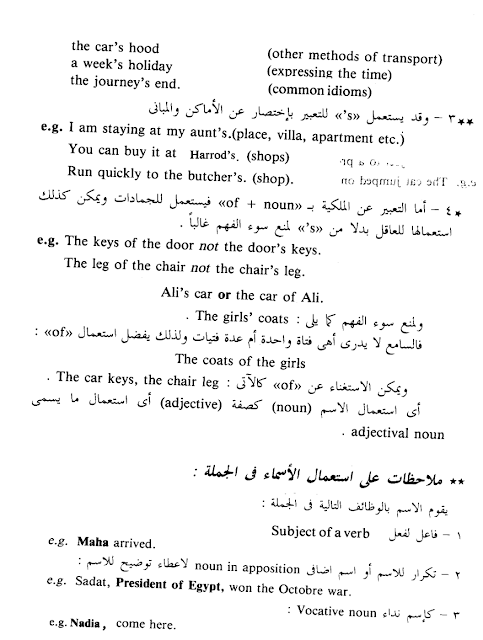Time and dates
Time and
dates
We use phrases with prepositions as time
adverbials:
• We use at with:
clock times:
at seven o’clock - at nine thirty - at fifteen hundred hours
mealtimes: at breakfast - at lunchtime - at teatime
mealtimes: at breakfast - at lunchtime - at teatime
… and in these phrases:
at night - at the weekend - at
Christmas - at Easter
• We use in with:
seasons of the year:
in spring/summer/autumn/winter - in the spring /summer/autumn/winter
years and centuries: in 2009 -in 1998 - in the twentieth century
months: in January/February/March etc.
parts of the day: in the morning - in the afternoon - in the evening.
years and centuries: in 2009 -in 1998 - in the twentieth century
months: in January/February/March etc.
parts of the day: in the morning - in the afternoon - in the evening.
• We use on with:
days: on
Monday/Tuesday/Wednesday etc - on Christmas day - on my birthday.
dates: on the thirty first of July - on June 15th
dates: on the thirty first of July - on June 15th
Note: We say at night when we are talking
about all of the night:
When there is no moon it is very dark at night.
He sleeps during the day and works at night.
He sleeps during the day and works at night.
but we say in the night when we are talking
about a short time during the night:
He woke up twice in the night.
I heard a funny noise in the night.
I heard a funny noise in the night.
We use the adverb ago with the past simple to
say how long before the time of speaking something happened:
I saw Jim about three weeks ago.
We arrived a few minutes ago.
We arrived a few minutes ago.
We can put time phrases together:
We will meet next week at six o’clock
on Monday.
I heard a funny noise at about eleven o’clock last night.
It happened last week at seven o’clock on Monday night.
I heard a funny noise at about eleven o’clock last night.
It happened last week at seven o’clock on Monday night.

Comments
Post a Comment